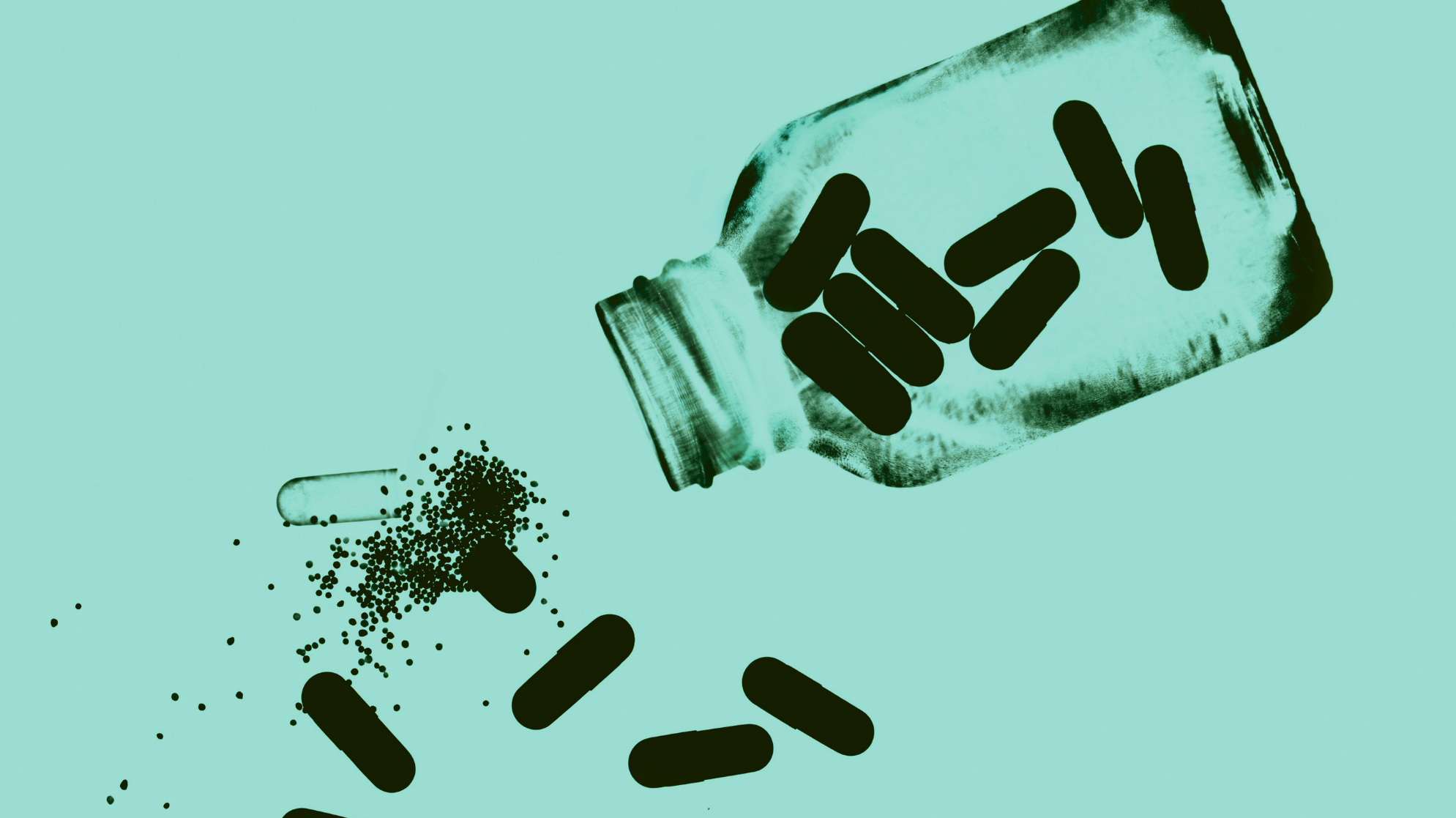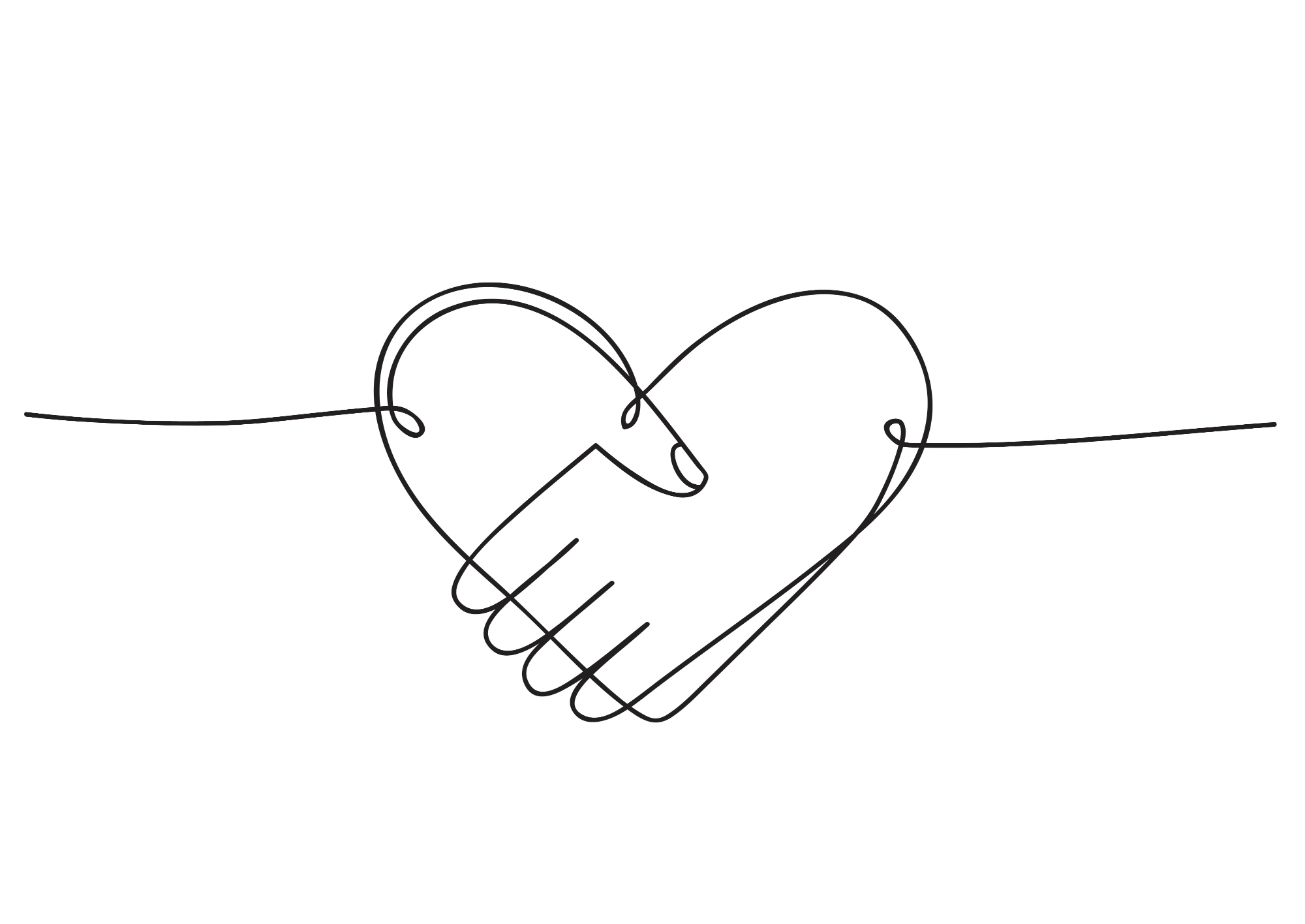'Lockdown has acted as trigger for relapse': Coping with an addiction during the pandemic
Living with alcohol or drug issues during this time is especially tough with social isolation, cuts in support services and Covid anxiety proving to be tipping points for many. Consultant psychiatrist Dr Tony Rao offers a six-point action plan for those who are struggling


Living with alcohol or drug issues during this time is especially tough with social isolation, cuts in support services and Covid anxiety proving to be tipping points for many. Consultant psychiatrist Dr Tony Rao offers a six-point action plan for those who are struggling
The impact of lockdown has changed our lives beyond recognition. With job losses, financial strain and isolation leading to fear, separation and uncertainty, it's no surprise that 1 in 3 people in the UK have revealed their mental health to be in a more fragile state than before the pandemic shut our world down just a few months ago.
As an NHS consultant who advises people with drug and alcohol addiction problems, it's easy to see how lockdown has acted as a trigger for relapse. I've noticed more of my patients increase their use of drink and drugs as a way of coping with boredom, stress, loneliness, anxiety and changes to their sleep pattern.
Over half the people referred to my team in recent weeks have been for alcohol and drug problems, but mainly alcohol problems, linked to the lockdown, their problems have been worsened because they are socially cut off.
Not being able to seek specialist personal contact in the face of these challenges has been difficult for those struggling with addiction, and gone (at least, temporarily) are the days when you can receive a hug from a loved one to feel safe and secure. This lack of conventional support available has tipped many people facing addiction into crisis - especially with their mental health.
For those relying on drugs for treatment, new lockdown measures mean the disappearance of supervised consumption, leaving patients to manage their own use of prescribed drugs, such as methadone. While some have found this a positive experience in being trusted and having personal responsibility for their own consumption, this sadly isn't the case for all.
If you have a history of drug or alcohol dependency and feel like you're struggling, the most important thing is to know is that you're not alone, and there are a number of steps you can take to help combat your addiction.
Celebrity news, beauty, fashion advice, and fascinating features, delivered straight to your inbox!

1. Try cutting down your alcohol consumption
While you might want to cut down or stop drinking altogether, its important to be aware that the absence of face-to-face support in lockdown might make this a more challenging task than usual. If you're keen to see this through, I advise that you work out how much you drink, create a plan and cut down slowly at your own pace.
2. Watch out for withdrawal symptoms
If you do manage to cut down, be prepared for any potential withdrawal symptoms and make sure that there are people who can support you through this period., whether it be a family member or a neighbour. If you get serious complications, call 999 immediately or get help from A&E.
3. Prioritise your own health and wellbeing
It's important for you to take this time to put your mental and physical wellbeing first. So try and break up each day with a sleeping, eating and exercising routine that works for you. Also remember to drink plenty of fluids and eat foods high in thiamine, a vitamin effective in repairing brain systems damaged by alcohol consumption. If you need help staying motivated, then seek support from others on online groups. With people there to hold you accountable, keeping up a routine will be much easier.
4. Connect with others online
Although it's frustrating not being able to enjoy face-to-face interaction in support groups, research has shown that more people are attending online groups in lockdown - so it would be well worth doing some research and joining an online support network that suits your needs. Some individuals may even find them more helpful than regular meetings, as they provide an anonymous way to seek help and could feel less stigmatising.
5. Plan your treatment ahead of time
If you have problems with drug addiction and are on a script, you will need to ask your drug treatment service about arrangements for prescribing during lockdown. If you are getting a script every week, for example, it might be possible to change to every two weeks. Your drug treatment service should have clear and up-to-date information that you can access regarding your prescription, even if they are making changes often.
If you are on a reduction plan, make sure you speak to your keyworker about what to do next, as with the heightened stress of the current circumstances, it might be best to stop any further reduction after discussion. If you’re not on a script, contact your local drug treatment service and ask for an assessment appointment.
6. Stock up on the equipment you need
Because physical contact with your key worker will be limited, anyone on a script needs to be especially alert to hand and drug hygiene, including taking extra care with drug packaging, equipment and injection sites. If you're worried about running out of equipment, then you can talk to your key worker about stocking up ahead of time.
* If you're looking for more information on how to cope better with addiction during lockdown, the Royal College of Psychiatrists have developed helpful resources for people with both alcohol and drug addiction.
* Dr Tony Rao is a consultant psychiatrist at the South London and the Maudsley hospital group, which is the NHS’s largest mental health trust. He has a special interest in mental disorders accompanying drug and alcohol use addiction. He is also an author, with a new book out later this year – Catch Me When I Fall, published by Austin Macauley publishers
Niamh McCollum is Features Assistant at Marie Claire UK, and specialises in entertainment, female empowerment, mental health, social development and careers. Tackling both news and features, she's covered everything from the rise of feminist audio porn platforms to the latest campaigns protecting human rights.
Niamh has also contributed to our Women Who Win series by interviewing ridiculously inspiring females, including forensic scientist Ruth Morgan, Labour MP Stella Creasy and ITV’s former Home Affairs Editor Jennifer Nadel.
Niamh studied Law in Trinity College Dublin. It was after enrolling in a Law & Literature class on her year abroad in Toronto that her love of writing was reignited. In no particular order, her big likes are Caleb Followill, hoops, red wine, sea swimming, shakshuka and long train journeys.
